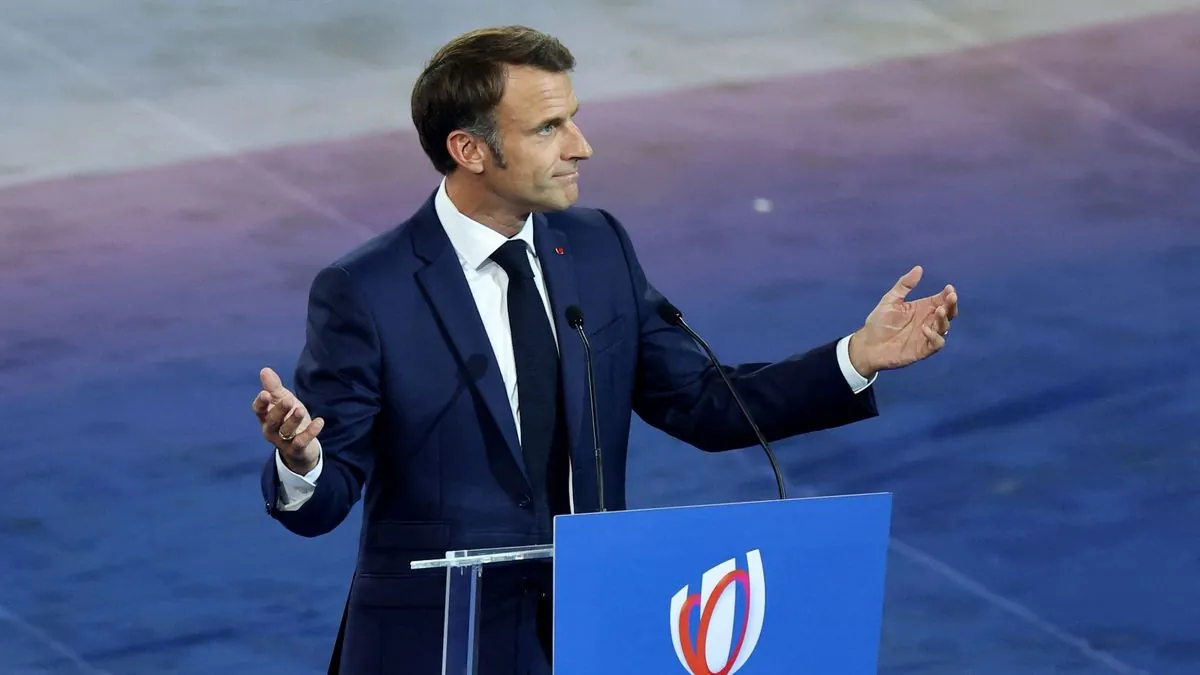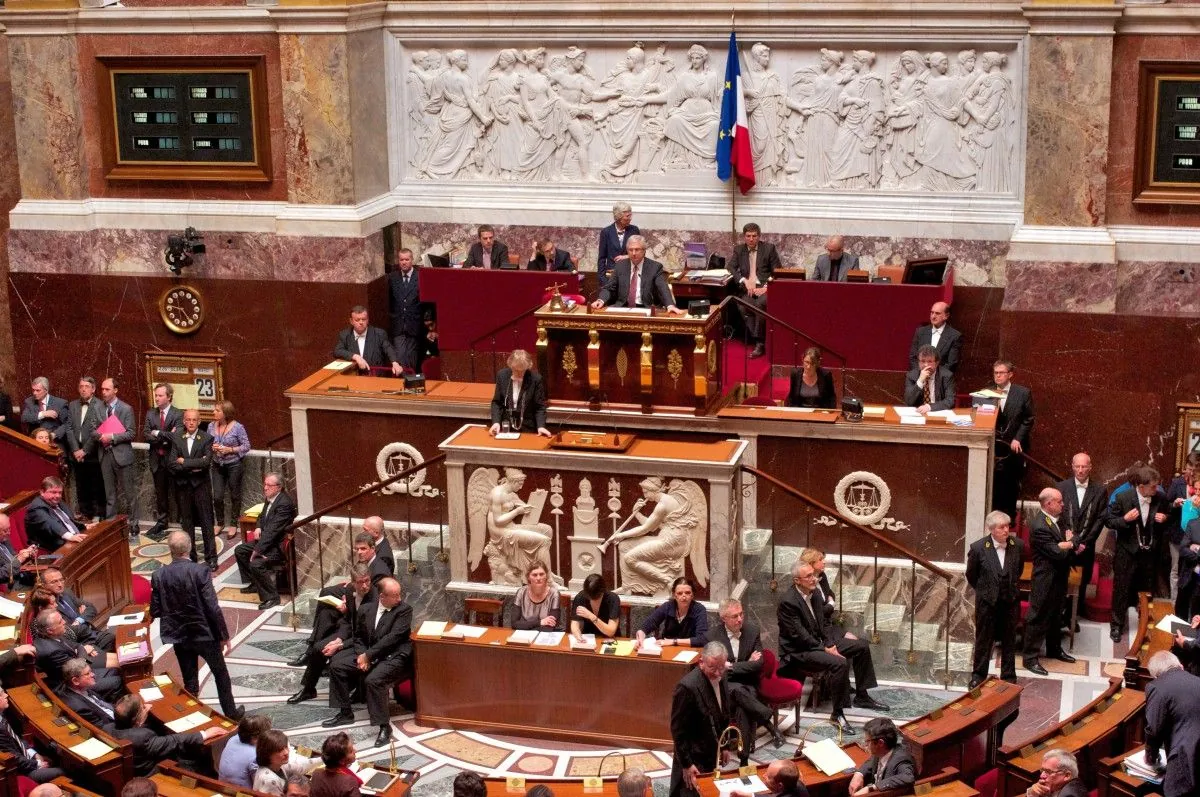Macron's PM Rejection Sparks Left-Wing Outcry in France
French President Macron's refusal to appoint a left-wing prime minister has ignited accusations of democratic denial. The decision follows an inconclusive election, leaving France in political limbo.

In a move that has intensified France's political deadlock, President Emmanuel Macron has rejected the prime ministerial candidate proposed by the New Popular Front, the left-wing coalition that secured the most seats in last month's inconclusive legislative election. This decision has sparked outrage among left-wing politicians, who accuse Macron of undermining democratic principles.
The political impasse stems from the July 2024 early legislative vote, which failed to produce a clear majority in the National Assembly, France's 577-seat lower house of parliament. The New Popular Front coalition, comprising France Unbowed, the Socialists, and the Greens, emerged as the largest group, followed by Macron's centrist alliance and the far-right National Rally.
Macron's rejection of Lucie Castets, the coalition's nominee for prime minister, has been justified as a measure to ensure "institutional stability." The President argued that the deeply divided parliament would not support a left-wing government, and called for further consultations with political leaders.

This decision has provoked strong reactions from left-wing leaders. Marine Tondelier, leader of the Greens, expressed disbelief, stating, "We are in the process of having this election stolen from us." Meanwhile, François Ruffin, a lawmaker from France Unbowed, called for public action, declaring that the "people must remove Macron in the name of democracy."
"Chaos and instability are his fault."
However, not all left-wing parties are united in their response. The Socialist Party, through its secretary-general Pierre Jouvet, has indicated a willingness for further discussions with the President, stating, "We are not calling for people to take to the streets at this stage."
As France prepares to host the Paralympic Games, with the opening ceremony scheduled for August 28, 2024, the political tension continues to mount. Calls for major protests against Macron next week have emerged, adding to the challenges facing the nation.
The French Constitution grants the President sole authority to appoint the Prime Minister, a key aspect of France's semi-presidential system established under the Fifth Republic in 1958. This system divides executive power between the President and the Prime Minister, with the latter responsible for domestic policy.
Potential candidates for the prime ministerial position now being discussed include Bernard Cazeneuve, a center-left politician and former prime minister, Xavier Bertrand, a moderate right-wing figure, and Michel Barnier, a conservative politician known for his role in Brexit negotiations.
As the political deadlock persists, Macron has stated that the outgoing centrist government will continue in a caretaker capacity, particularly to oversee the recently concluded Paris Olympics, which ended on August 11, 2024.
This ongoing crisis underscores the complexities of France's multi-party system and the challenges of forming a stable government in the absence of a clear parliamentary majority. As the nation grapples with this unprecedented situation, the path to resolving the political impasse remains uncertain.


































